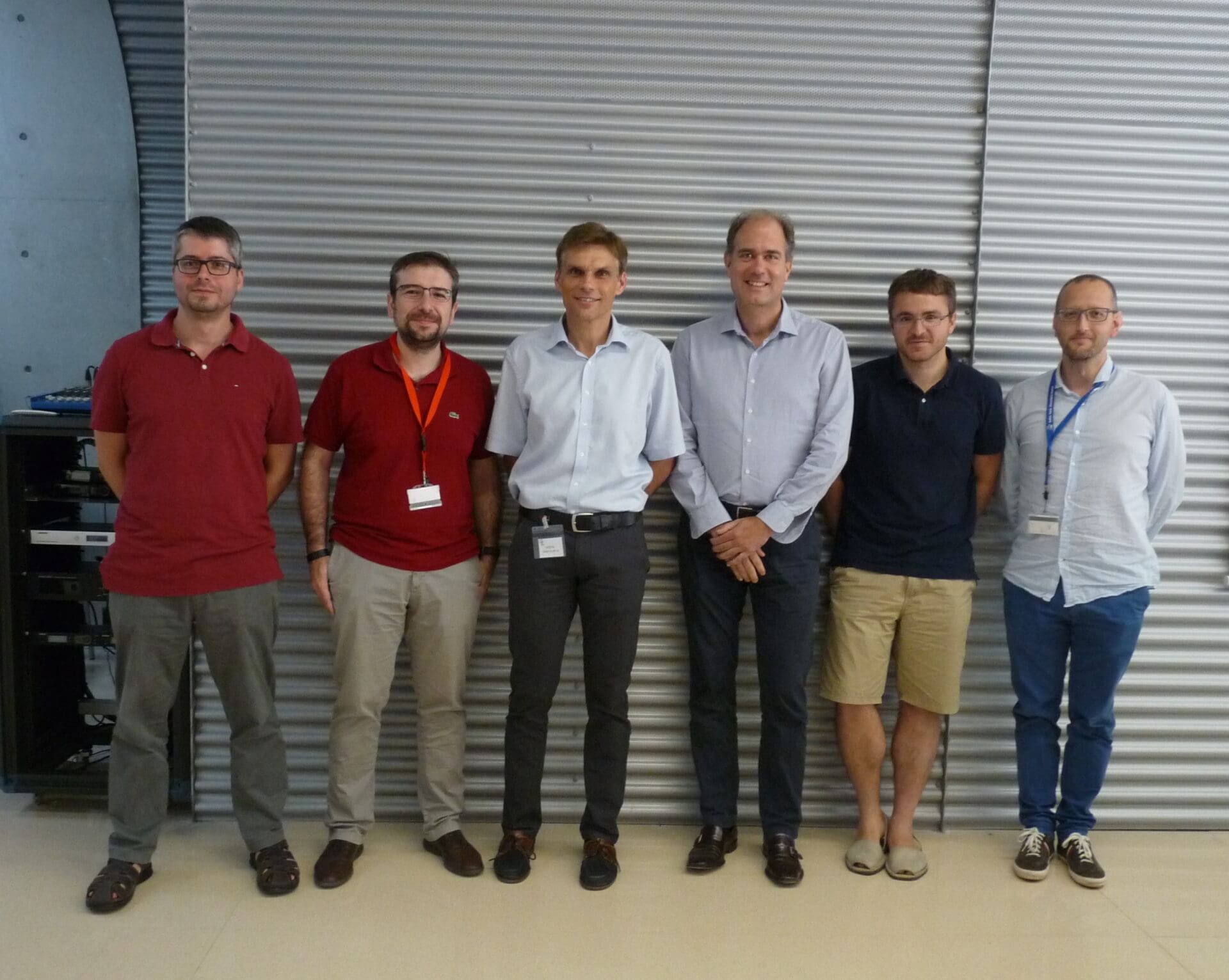
 14/07/2017
14/07/2017
 12:00
12:00
 ICIQ Auditorium
ICIQ Auditorium
- Lecturer: Prof. Dr. Armido Studer
- University: Westfälische Wilhelms-Universität, Münster (Germany)
Electron-catalysis
The first part of the lecture deals with general aspects of catalysis in the field of radical chemistry. The perspective of much of the recent work on catalysis in radical reactions is catalysis. The goal of the lecture is to complement this with a radical perspective. It is often better to consider reactions by the kind of radical transformation that is occurring rather than by the catalyst that is being used. It will be shown that many reactions in “radical catalysis” have significant innate components; or in other words significant background chain reactions occurring where the catalyst is not involved. Therefore, care has to be taken when discussing catalysis in radical reactions.
Along these lines, in the second part of the lecture the concept of using the electron as a catalyst will be discussed. It will be shown that the electron is an efficient catalyst for conducting various types of radical cascade reactions that proceed via radical and radical ion intermediates. The “electron is a catalyst” paradigm unifies mechanistically an assortment of synthetic transformations that otherwise have little or no apparent relationship. Some recent examples on the use of the electron as a catalyst will be discussed. Along with electron catalysis selected examples on iodine atom transfer and redox catalyzed reactions are presented.
Other events

Let's create a brighter future
Join our team to work with renowned researchers, tackle groundbreaking
projects and contribute to meaningful scientific advancements



















